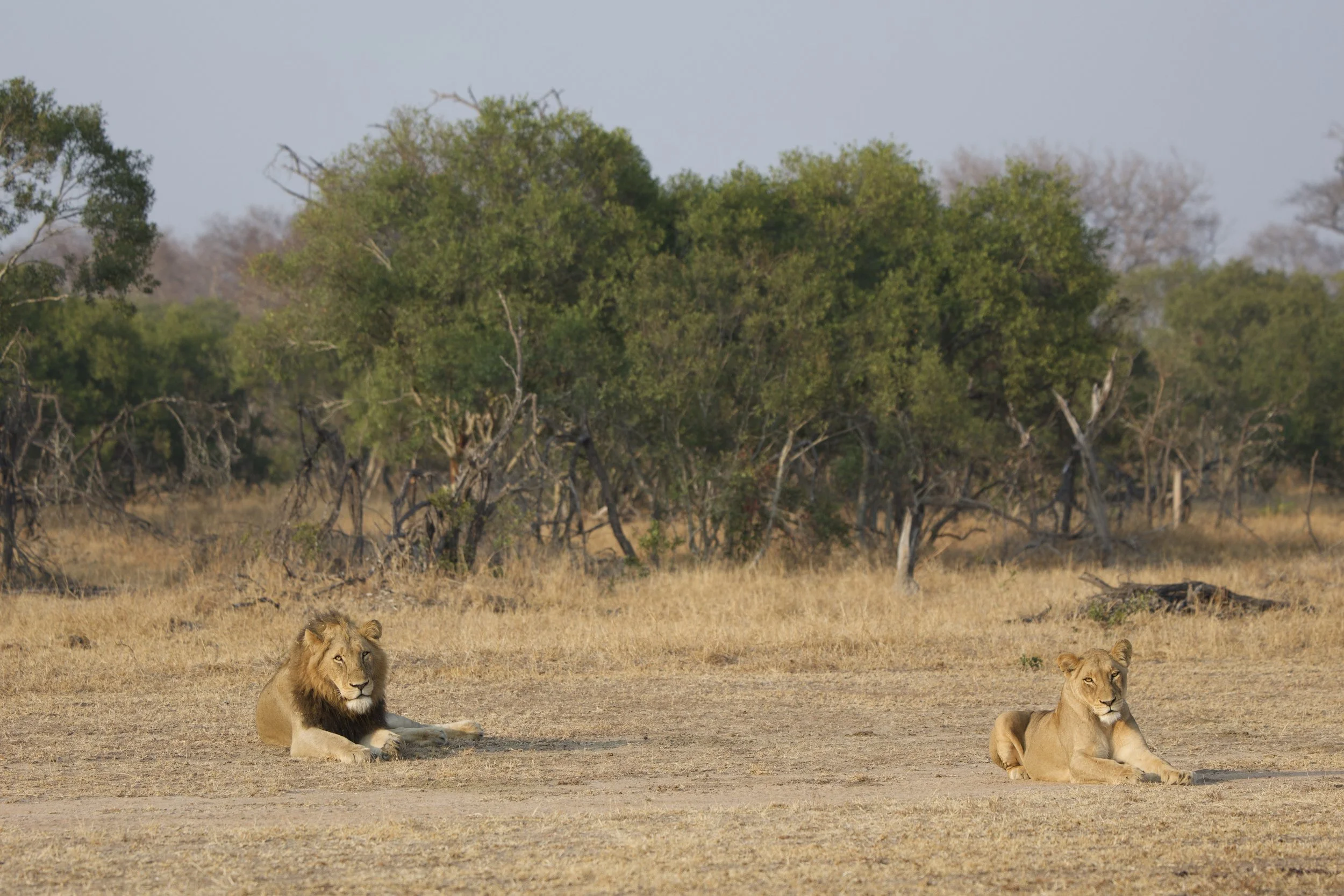Are Predators More Successful in Winter?
When you think of winter, you might imagine snowstorms, freezing winds, and animals hunkering down but in South Africa, winter tells a very different story.
Here, the cooler months bring dry days, dusty winds, and a changing landscape. Rivers shrink. Waterholes vanish. Grass turns brittle. Trees conserve energy, sending nutrients deep into their roots to wait for the summer rains. For herbivores, this means one thing: scarcity.
Buffalo, zebra and impala all begin to gather closer to what little water remains. The vegetation here still holds a trace of nutrition, but it’s not enough. Animals weaken. Their strength fades. The energy they once had to fight, flee, and survive dwindles.
And the predators? They wait.
Lions thrive in winter.
The cover is sparse, the prey is predictable, and the fight has gone out of some of the herbivores. Buffalo that could charge in the wet season now stumble in the dry. Zebra with sharp senses now drink for longer, linger for just a few seconds too many.
Predators become more successful, not just because they’re stronger — but because their prey is weaker.
Winter in the African bush doesn’t just challenge the hunted — it rewards the patient.

